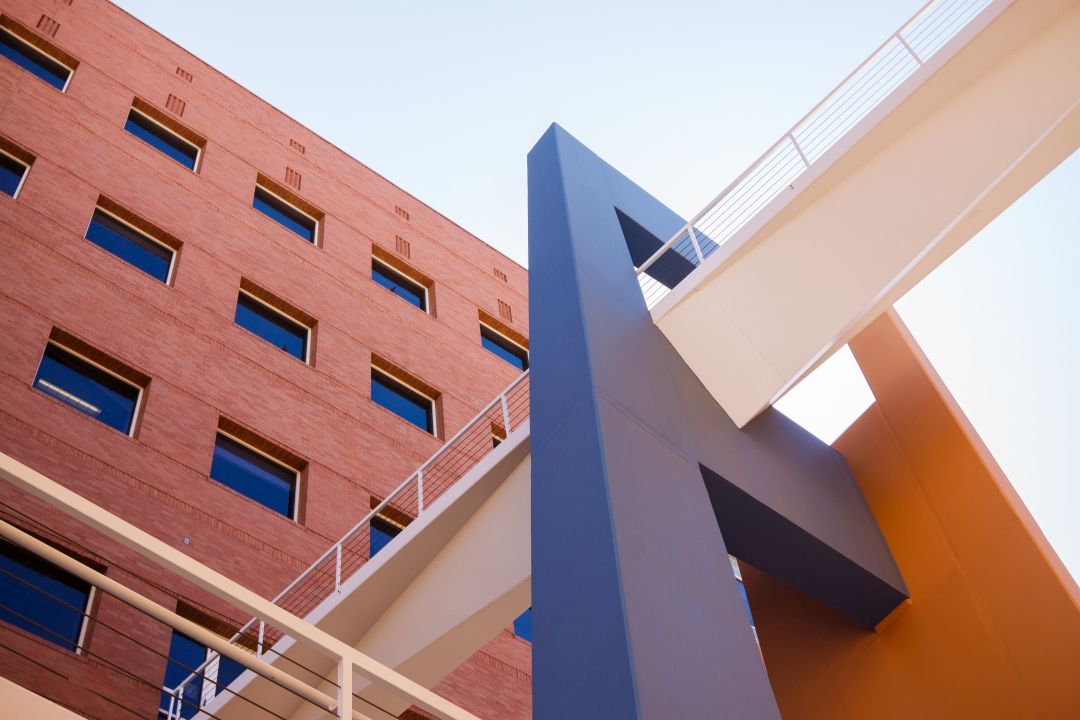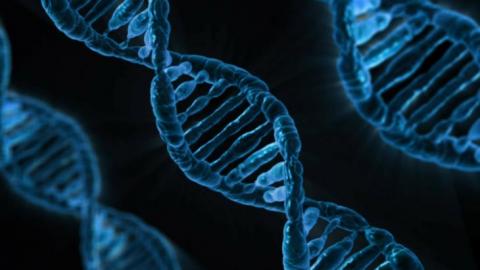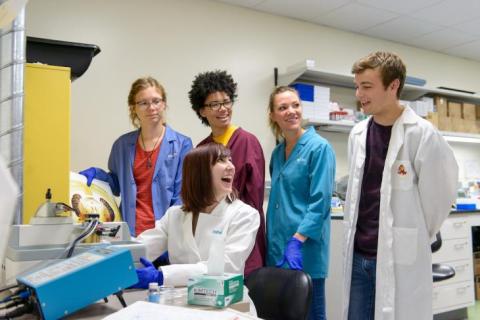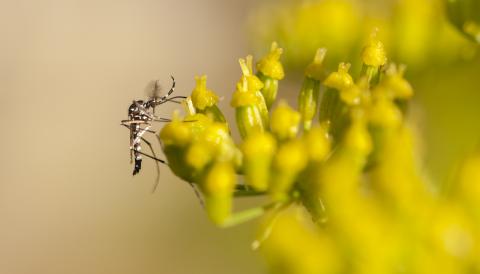Fetal cell impact on mother's health
Fetal cell impact on mother's health

Amy Boddy, a postdoctoral researcher at ASU, Center for Evolution & Medicine faculty Athena Aktipis and Melissa Wilson Sayres, along with Angelo Fortunato from ASU's Biodesign Institute published a new study uncovering how fetal cells can influence a mother’s health through microchimerism. During pregnancy fetal cells move through the placenta into maternal tissues producing both beneficial and negative effects on the mother including aiding in milk production, healing wounds, or increasing autoimmune disease. Using evolutionary theory the authors suggest that fetal cells will act cooperatively to enhance maternal health where the economic cost of doing so is low, for example, in tissue maintenance. However, when the cost to fetal cells is high, as in the division of limited resources between fetus and mother, michrochimerism may lead to harmful effects for the mother, the developing fetus or both.” Read more about this research on ASU News
Fetal Microchimerism & Maternal Health V6-HD from Biodesign Institute at ASU on Vimeo.
View other articles about this research:
Medical Daily- Fetal cells can be found in a new mother's body and will effect her health even after pregnancy by Kristin Magaldi. Read here.


